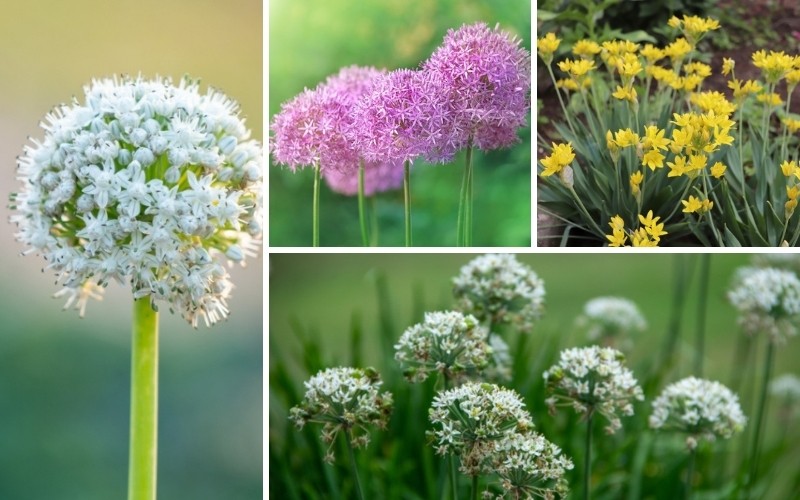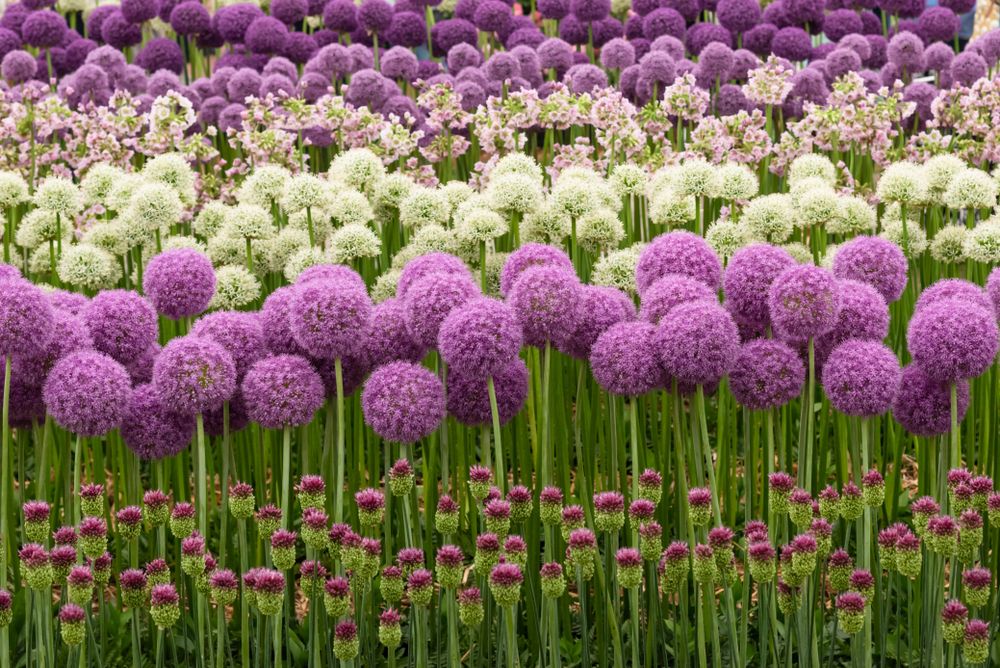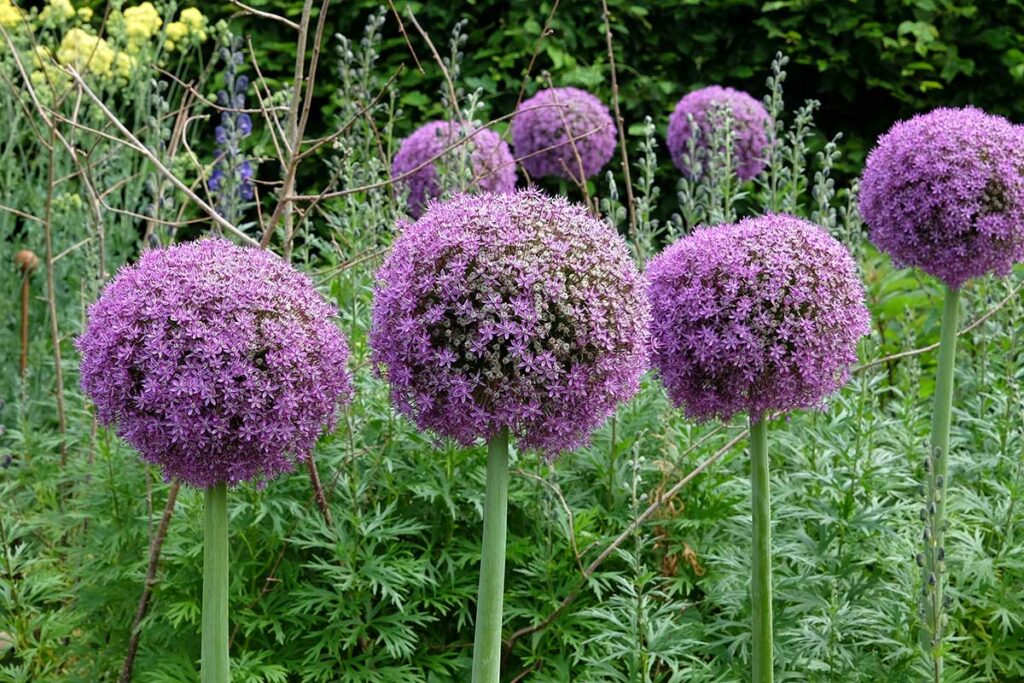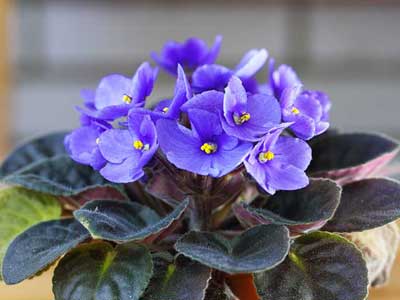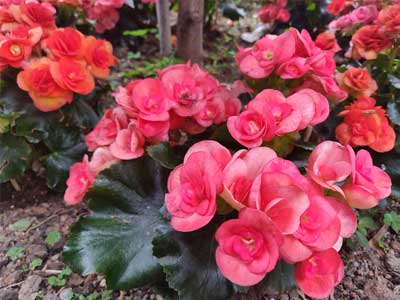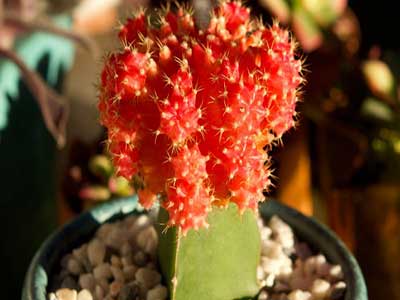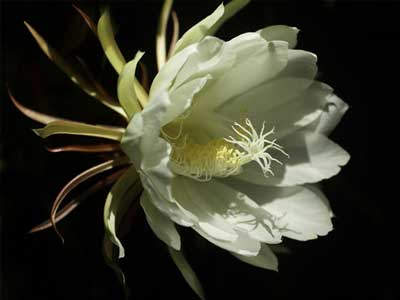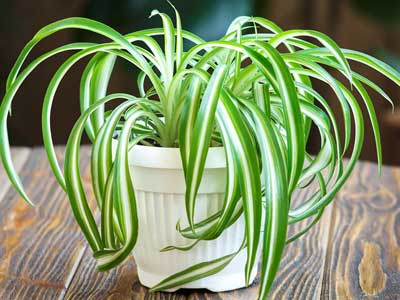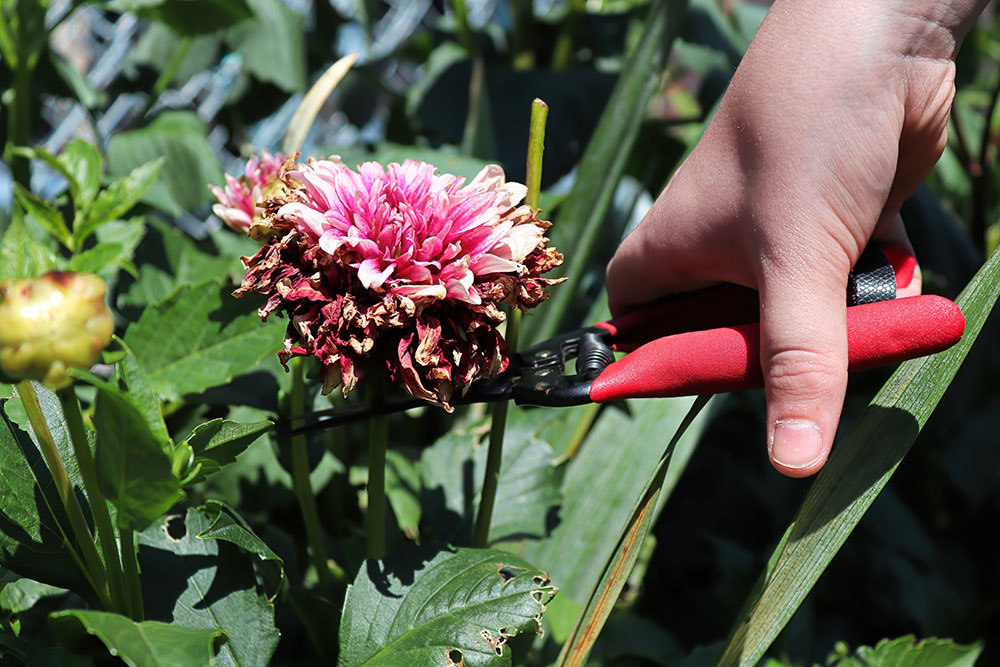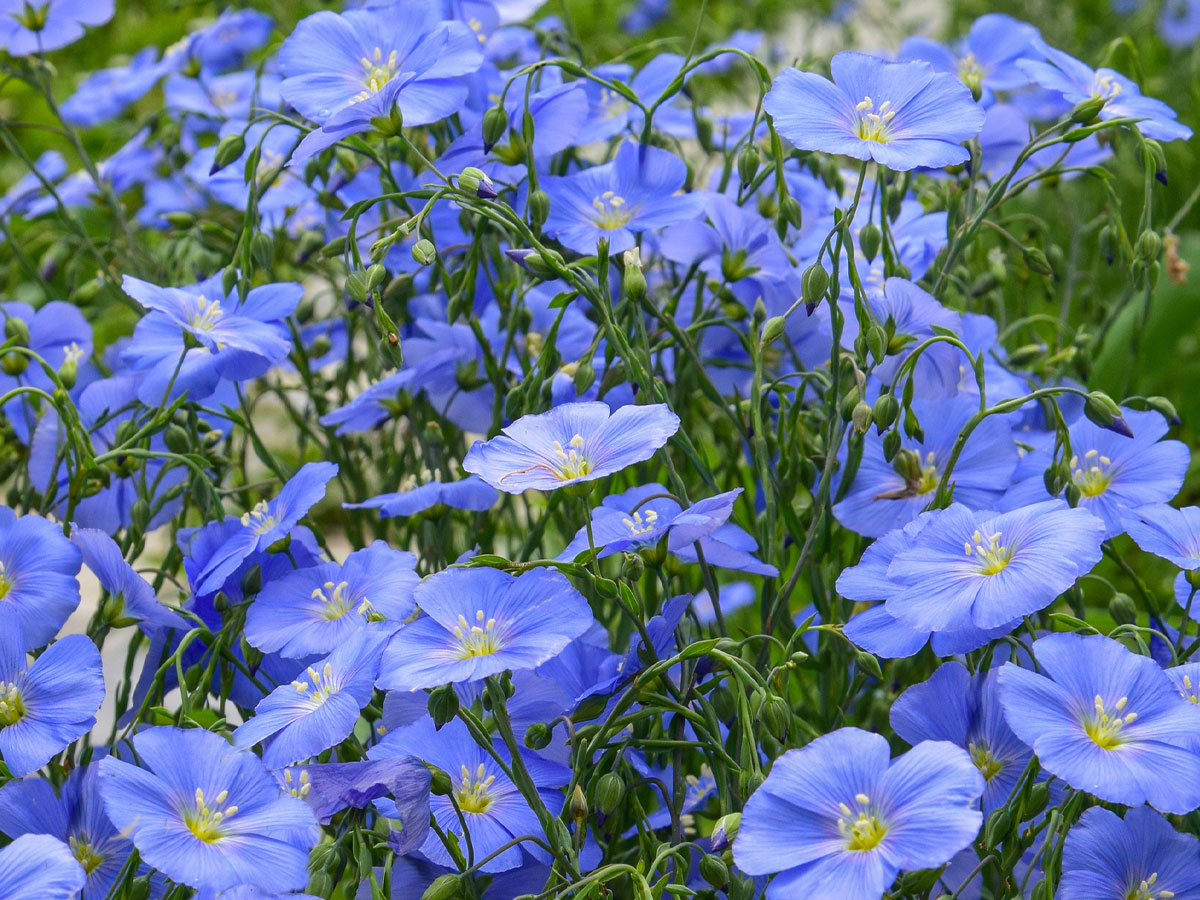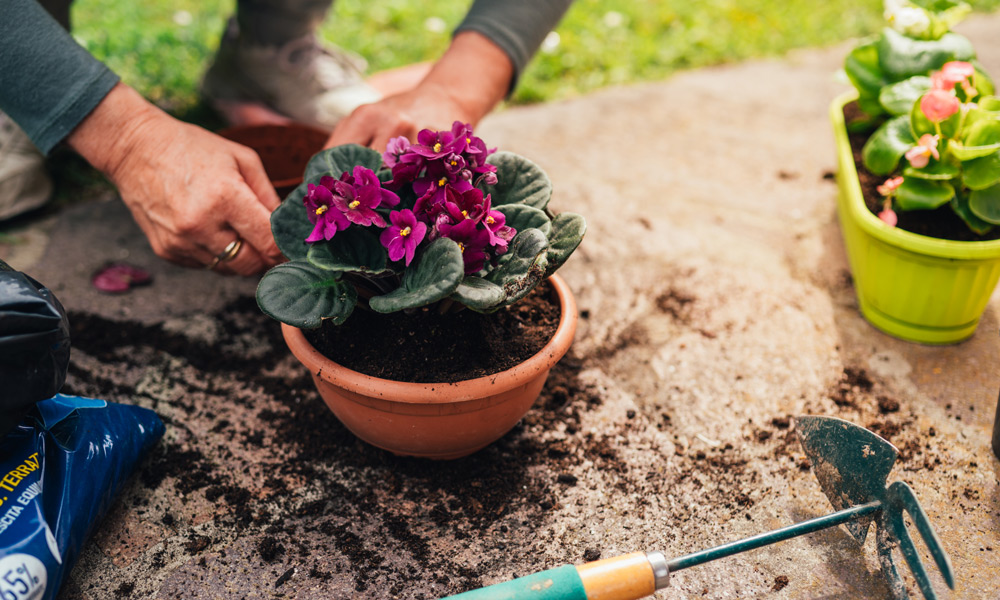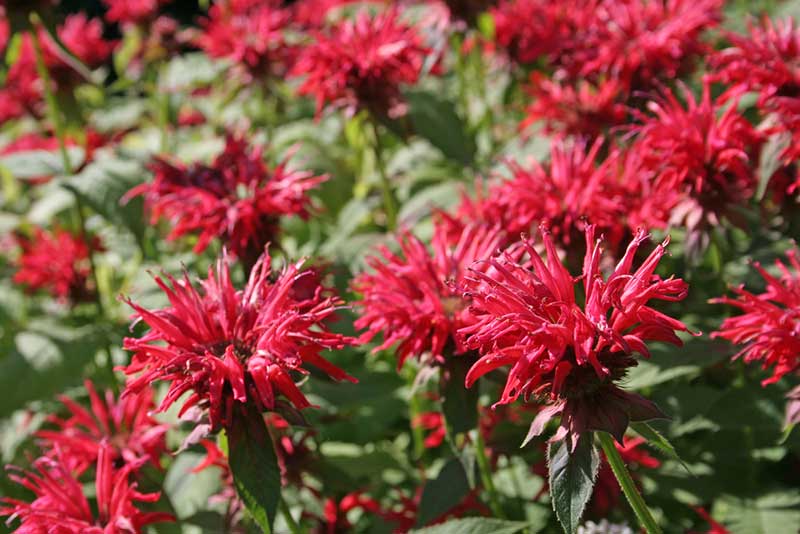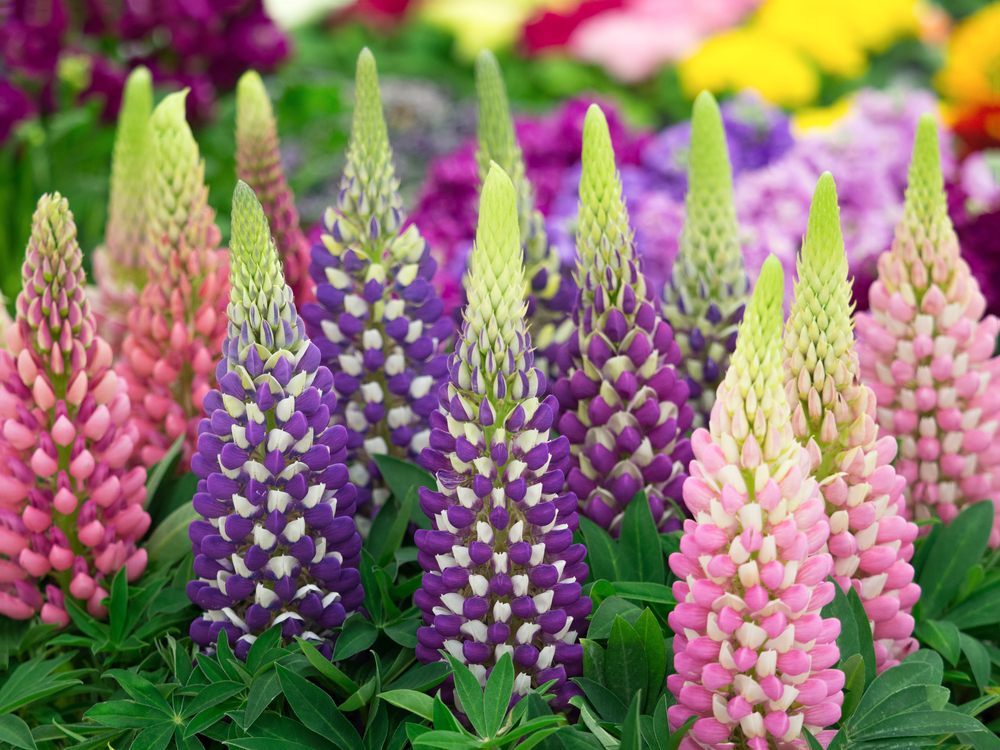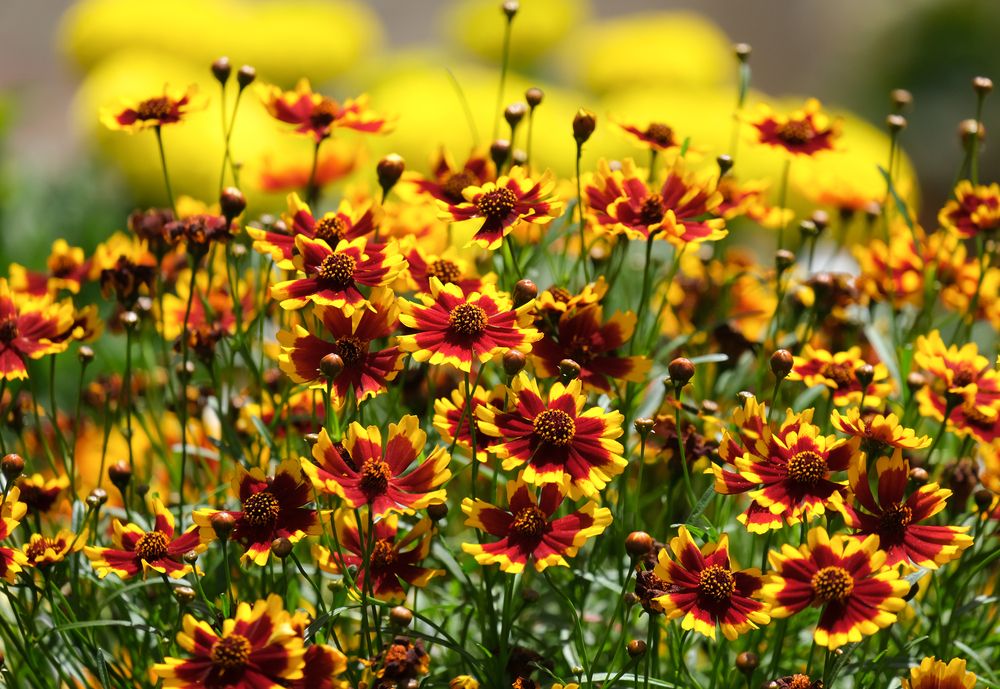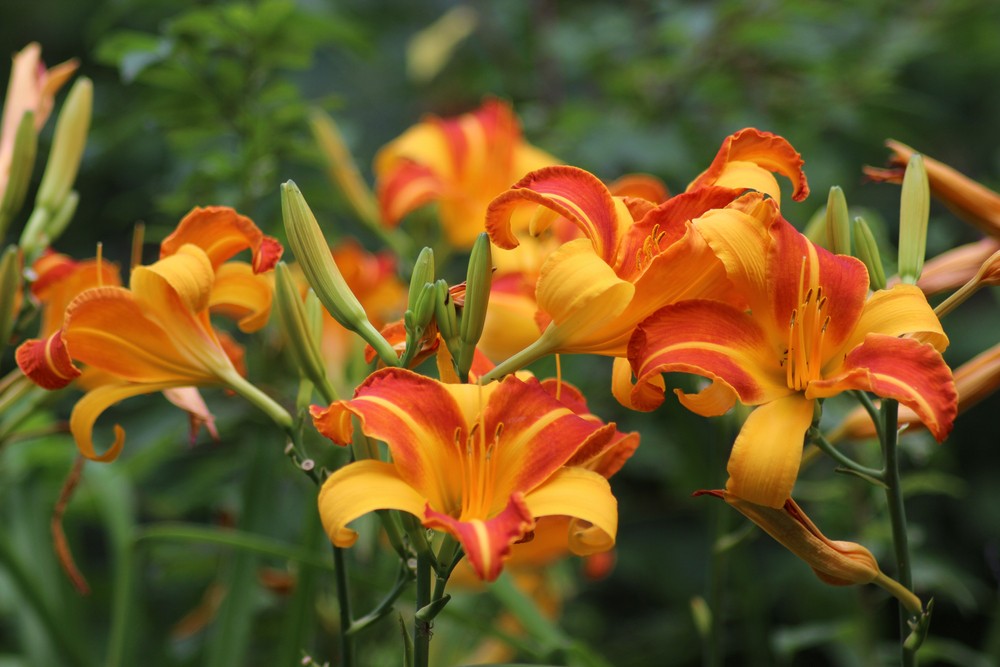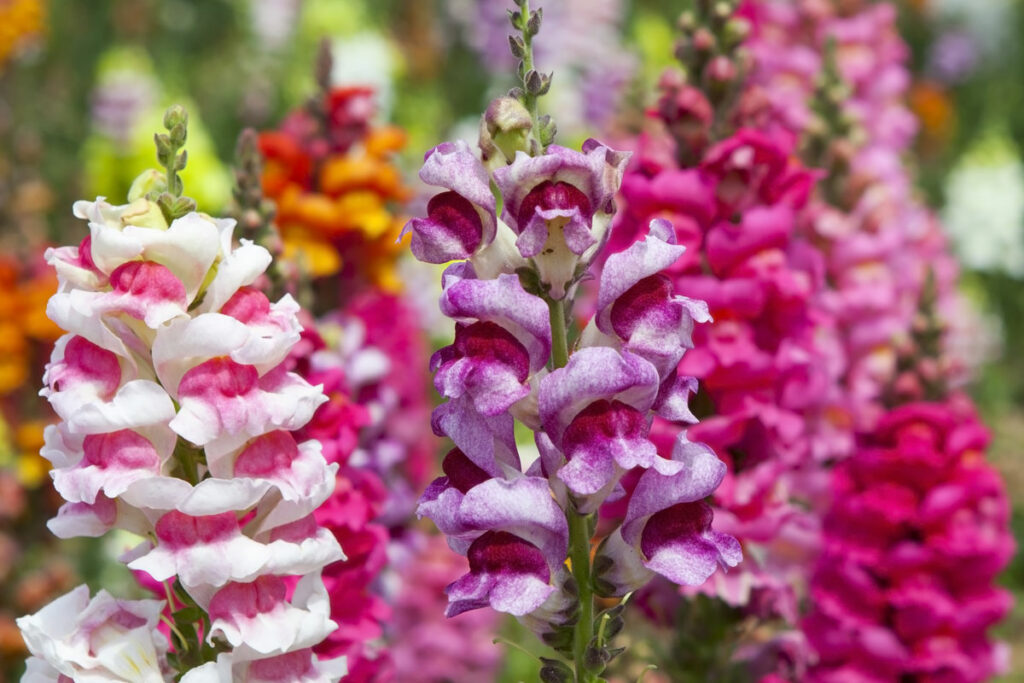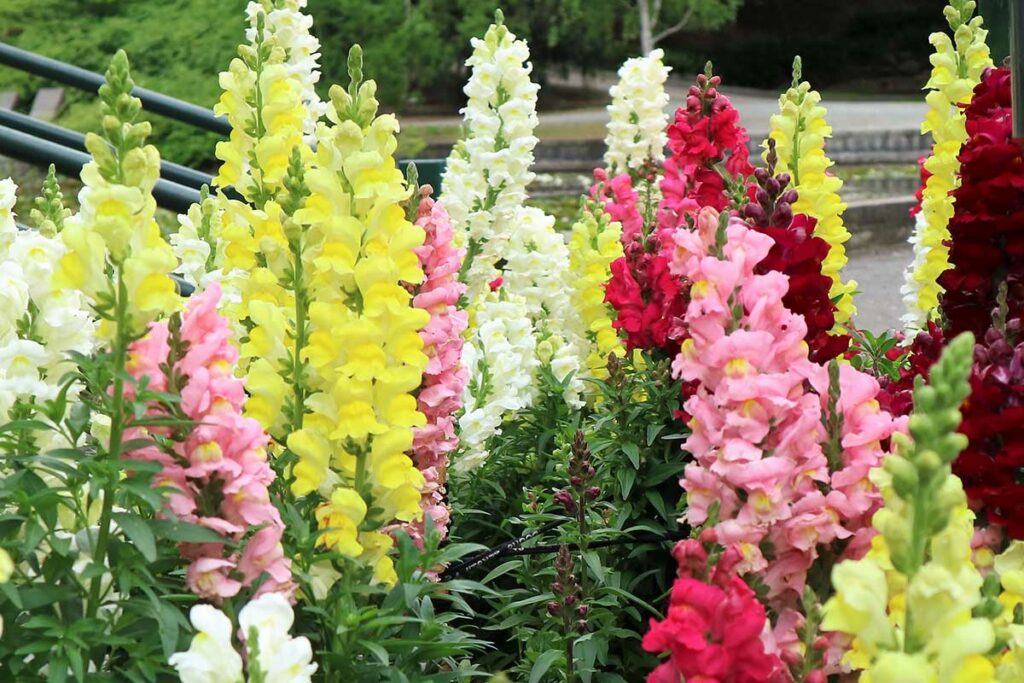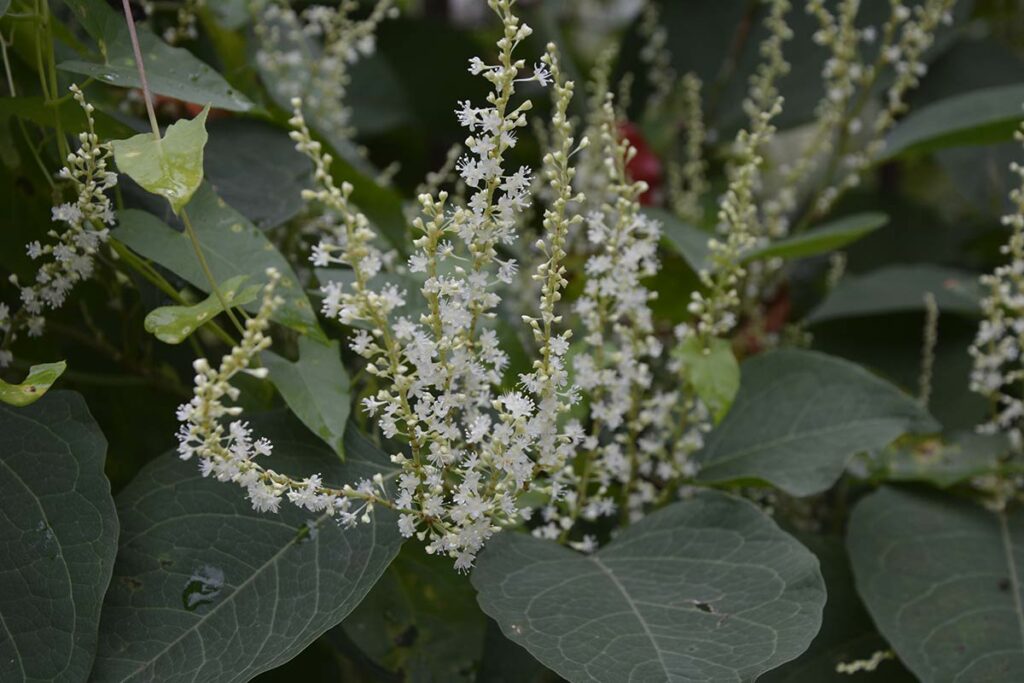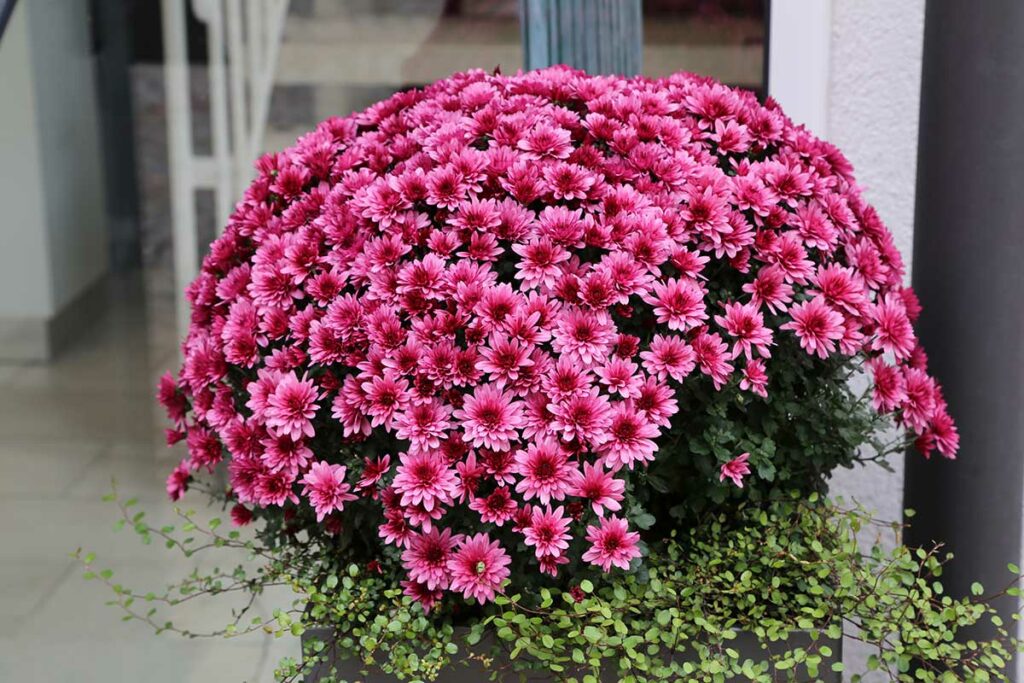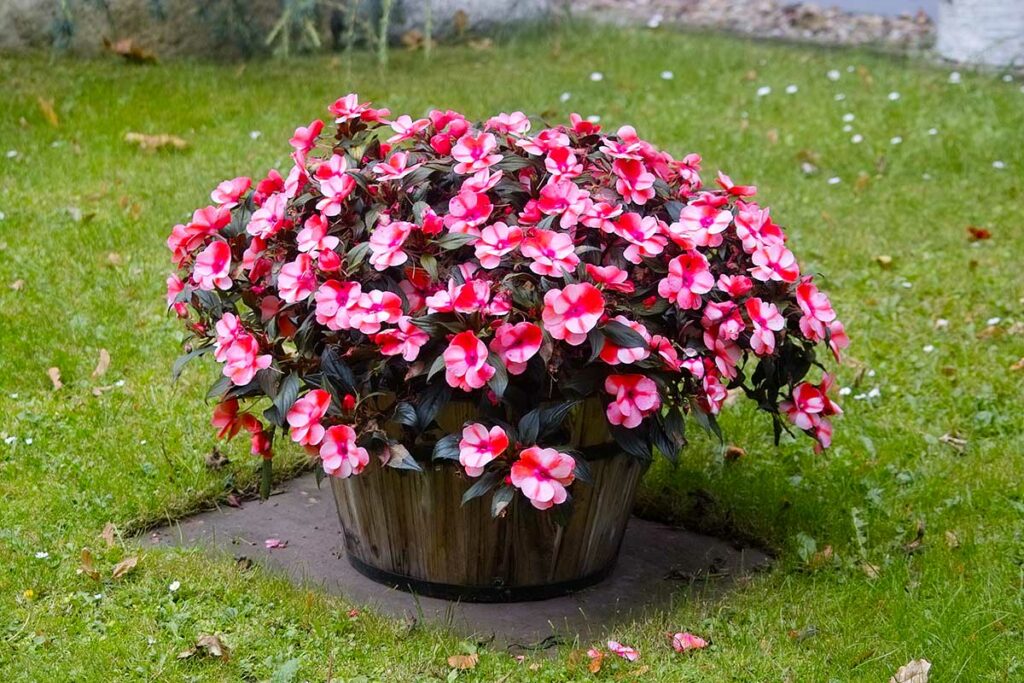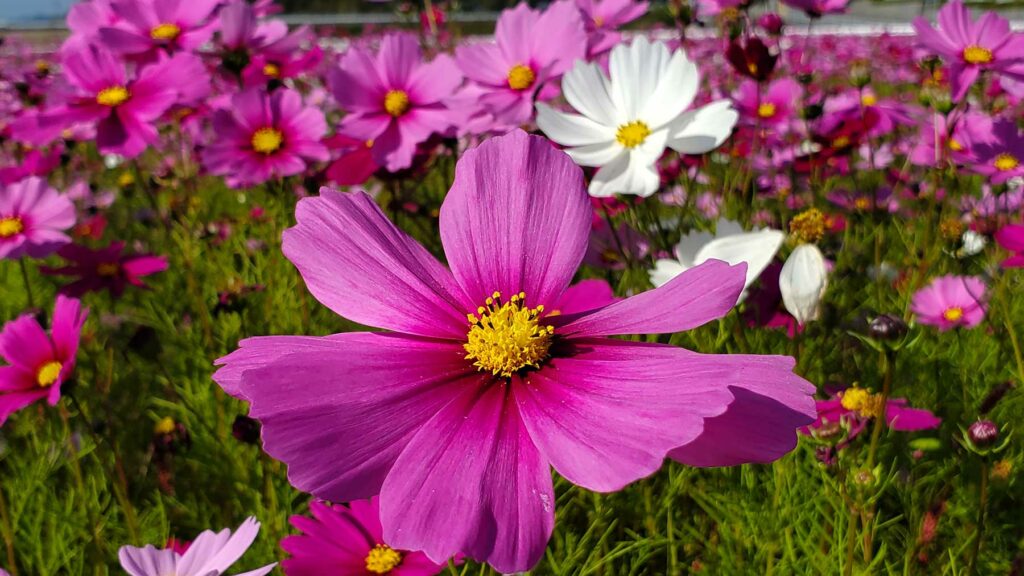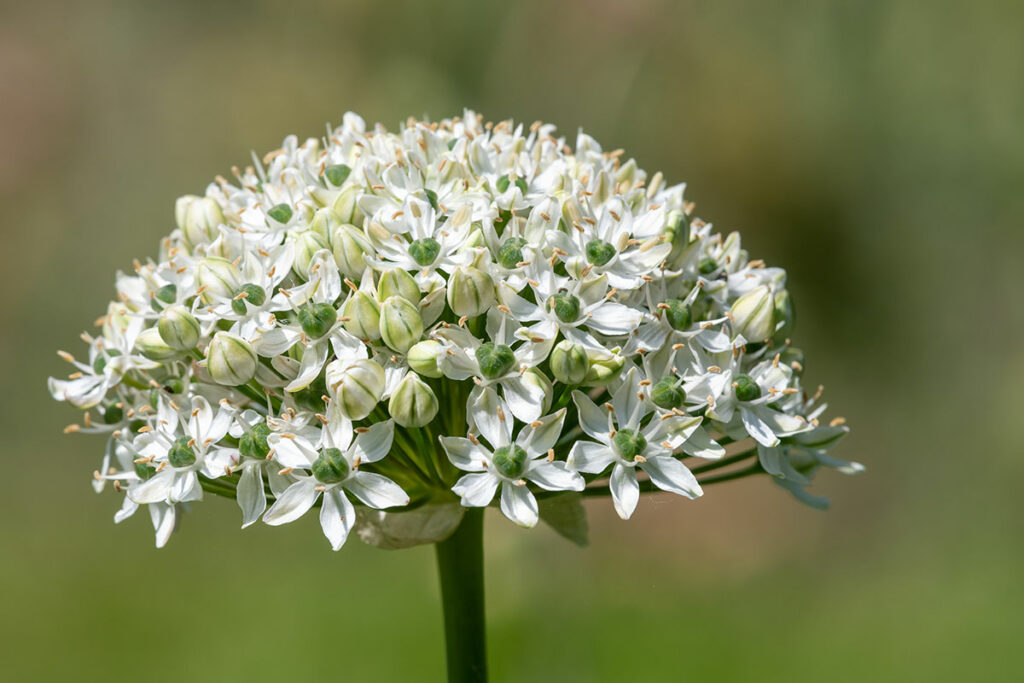
Allium nigrum, commonly known as the ornamental onion, is a delightful addition to any garden.
This perennial bulb boasts large, flat clusters of star-shaped, white flowers that captivate the eye. Not only does it provide a striking visual in beds, borders, and containers, but it also attracts pollinators like bees and butterflies.
If you’re considering adding this lovely plant to your garden or already have one and want to ensure its best growth, here are some essential care tips:
Care Tips for Allium nigrum:
- Soil Needs: Plant the bulbs in well-draining soil. They prefer soil that’s rich in organic matter, but can tolerate a variety of soil types.
- Sunlight Requirements: For the best bloom and growth, ensure that your Allium nigrum gets full sun, which means at least 6-8 hours of direct sunlight a day. However, they can tolerate partial shade as well.
- Watering: Alliums don’t like to sit in wet soil. Water regularly after planting, but once established, you can reduce watering. They are somewhat drought-tolerant once matured.
- Planting Depth: When planting the bulbs, make sure to plant them about 2-3 times as deep as the height of the bulb. Space them about 6-8 inches apart.
- Bloom Time: Allium nigrum typically blooms in late spring to early summer. Once the flowering is done, you can trim off the flower stalks but let the foliage die back naturally.
- Pests and Diseases: Alliums are deer and rodent resistant, which is a bonus for many gardeners. However, watch out for onion flies and thrips. Proper spacing and well-draining soil can prevent most fungal diseases.
- Fertilization: In the spring, as the Allium nigrum begins to show growth, you can apply a balanced slow-release fertilizer to support its blooming phase.
- Mulching: Mulching around the base of the plants can help retain moisture, suppress weeds, and keep the soil temperature even.
- Propagation: Every 3-4 years, you can dig up, divide, and replant the bulbs in the early autumn if they seem overcrowded. This will keep them vigorous and blooming well.
- Winter Care: In colder climates, you might want to mulch a bit heavier to protect the bulbs during winter. However, in milder climates, they can often be left undisturbed.

